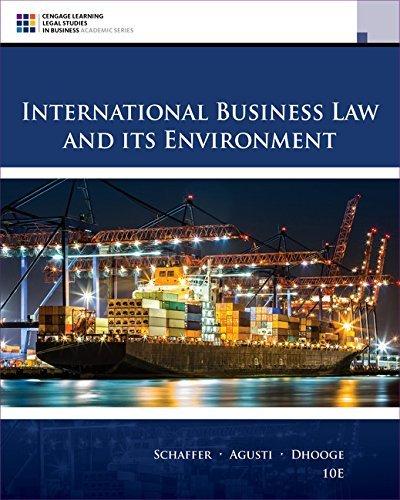The Republic of Costa Rica began proceedings against the Republic of Nicaragua for its alleged military invasion
Question:
The San Juan River, which forms part of the border between Nicaragua to the north and Costa Rica to the south, runs approximately 205 km from Lake Nicaragua to the Caribbean Sea. At a point known as "Delta Colorado," the San Juan River divides into two branches: a northern branch continues as the Lower San Juan and the southern branch is the Colorado River runs entirely within Costa Rica. In October 2010, Nicaragua started dredging the San Juan River in order to improve its navigability. Costa Rica alleged that the upstream Nicaraguan dredging had adverse environmental effects on the southern bank of the San Juan River and on the downstream Colorado River.
1. The International Court of Justice noted that it had authority to resolve this dispute because both Costa Rica and Nicaragua had consented to its compulsory jurisdiction over treaty disputes under Article 36, paragraph 2 of the Statute of the International Court of Justice. Could the Court have resolved their dispute without such consent? Why is it in the interest of nations like Costa Rica and Nicaragua to consent?
2. The rule that the Court endorsed is that a "State is...obliged to use all the means at its disposal in order to avoid activities which take place in its territory, or in any area under its jurisdiction, causing significant damage to the environment of another State." If the United States renews generation of electricity through coal-fired plants and acid rain results in Canada, would Canada have a claim under international law against the United States? Would the International Court of Justice have jurisdiction to resolve the dispute?
3. Costa Rica did show that the Nicaraguan dredging caused a diversion of water, but the Court decided that it was not sufficient to sustain a claim under international law. What was the Court's basis for determining when environmental damage occurs? How could you make such a determination under customary international law? Does this seem subjective for a legal ruling?
Fantastic news! We've Found the answer you've been seeking!
Step by Step Answer:
Related Book For 

International Business Law And Its Environment
ISBN: 9781305972599
10th Edition
Authors: Richard Schaffer, Filiberto Agusti, Lucien J. Dhooge
Question Posted:





